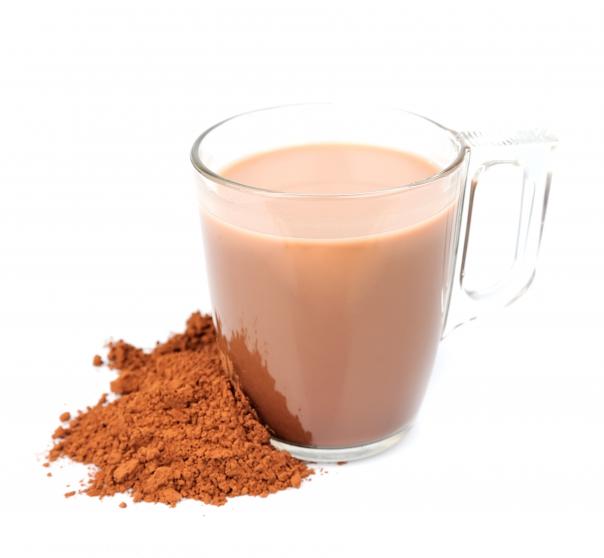
According to this new research increased consumption of flavanols, a group of molecules which occur naturally in fruit, vegetables and cocoa, can increase a person’s mental agility.
The research, published in Scientific Reports, showed that participants who had consumed the flavanol-rich drink produced a faster and greater increase in blood oxygenation levels in response to artificially elevated levels of CO2 (hypercapnia).
Lead author, Dr Catarina Rendeiro, of the University of Birmingham’s School of Sport, Exercise and Rehabilitation Sciences, explains: “We used cocoa in our experiment, but flavanols are extremely common in a wide range of fruit and vegetables.
“By better understanding the cognitive benefits of eating these food groups, as well as the wider cardiovascular benefits, we can offer improved guidance to people about how to make the most of their dietary choices.
“We can link this with our results on improved blood oxygenation – if you’re being challenged more, your brain needs improved blood oxygen levels to manage that challenge. It also further suggests that flavanols might be particularly beneficial during cognitively demanding tasks.”
In the study 18 healthy male participants aged between 18 and 40 underwent a standard procedure to challenge the brain’s blood circulation that involves breathing 5% carbon dioxide- about 100 times the normal concentration in air.
Non-invasive near-infrared spectroscopy, a technique that uses light to capture changes in blood oxygenation levels, was used to track the increases in brain oxygenation in the frontal cortex in response to this carbon dioxide challenge.
The researchers found that the participants who had taken the flavanol-enriched drink (cocoa) had the highest levels of blood oxygenation in response to hypercapnia, reaching levels up to three times higher than participants drinking the non-flavanol-enriched drink. They also achieved these elevated levels one minute faster than participants who drank the non-enriched cocoa.
In the cognitive tests, the researchers found ‘significant differences’ in the speed and accuracy with which volunteers completed the higher complexity tasks, with volunteers who had taken the flavanol-enriched drink performing the tasks 11% faster on average.